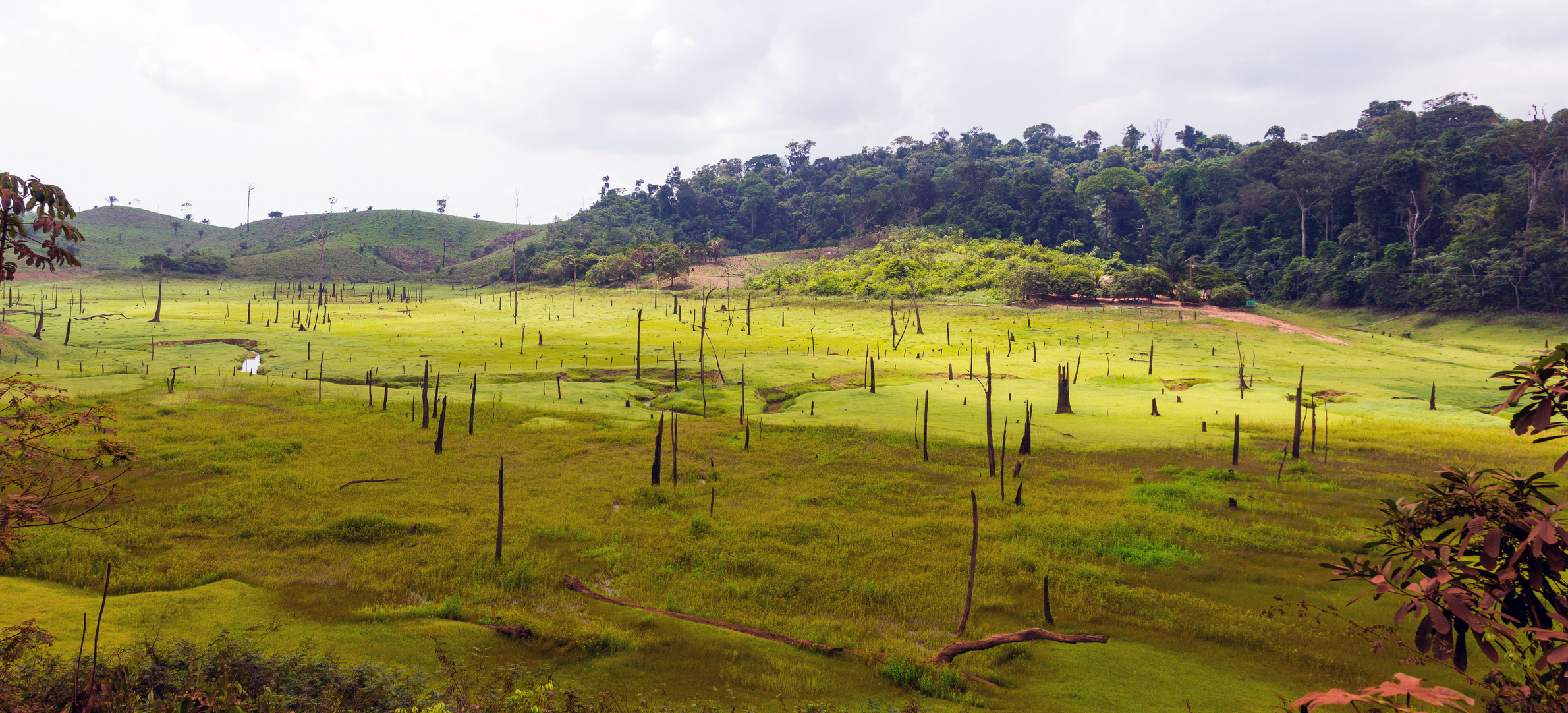
A Green Bargain? Impacts of an Energy Saving Program on China’s Iron and Steel Industry
The impact of environmental regulation on firm productivity has been long been debated, however, mainly for western economies and with limited firm-level evidence. We study the impact of a large-scale national energy saving program in China on firm productivity in the iron and steel industry and find positive effects on productivity growth.
SEE FULL ARTICLE
Tropical Forests, Tipping Points, and the Social Cost of Deforestation
The existence of a forest-savanna tipping point implies that changes in forest resilience affect the marginal economic value of a standing forest. We propose a new framework for calculating the economic value of a standing tropical forest, and explore the implications of tipping points on the design of optimal land-use policy and payments for ecosystem services.
SEE FULL ARTICLE
When Do States Disrupt Industries? Electric Cars in Germany and the United States
When do states drive green industrial change? We show that in mature industries with powerful incumbents the ability of the state to organize private interests in support of technological change is critical to develop innovation policy. States with competitive state-business relations can accomplish this more easily than states with cooperative state-business relations. In the case of the auto industry, the United States adopted a policy package to commercialize electric cars. Germany, instead, adopted a wait-and-see policy based on coordination with automakers.
SEE FULL ARTICLE
Anticipation and Environmental Regulation
Environmental standards can affect new-equipment sales and used-equipment retirements. We identify two additional effects, of anticipation, on the flow and stock of regulated equipment, and discuss the implications for policy design and program evaluation.
SEE FULL ARTICLE
Limits to Arbitrage in Electricity Markets: A case study of MISO
Like in other deregulated markets, financial players were introduced to the Midwest electricity market to arbitrage price differences that distort planning decisions. Unlike other markets, this did not seemed to be working. Instead, we find some players bidding in the wrong direction and consistently losing money, possibly in an attempt to manipulate market prices.
SEE FULL ARTICLE
Wind Capacity Investments: Inefficient Drivers and Long-Term Impacts
In a new CEEPR Working Paper, Ian Schneider and Mardavij Roozbehani explain how existing production-based subsidies for wind energy bias marginal investments to underweight the market value of energy produced.
SEE FULL ARTICLE
Subscribe To Our Newsletter
Subscribe now and check outour Past newsletters


